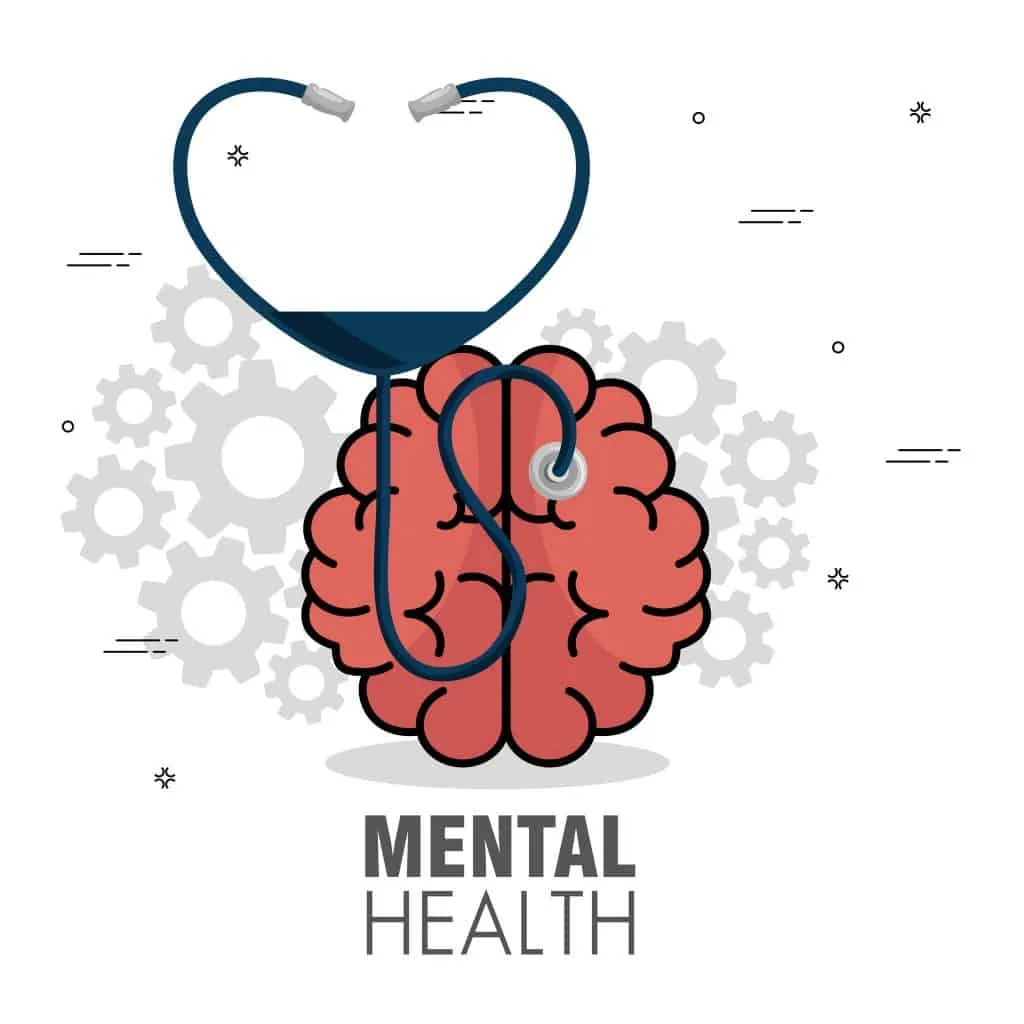Mental health is a crucial aspect of overall well-being, especially for students navigating the challenges of university life. With the increasing awareness of mental health issues, universities are implementing various resources to support students. This article explores the mental health resources available at universities, their importance, and how students can access them.

Importance of Mental Health Resources in Universities
Mental health resources are essential in universities for several reasons:
- Support for Academic Success: Mental health issues can significantly impact a student’s academic performance. Access to mental health resources helps students manage stress, anxiety, and depression, contributing to better academic outcomes.
- Promoting Well-being: Universities aim to foster a healthy environment where students can thrive. Mental health resources promote emotional well-being, resilience, and coping skills, enabling students to navigate the challenges of university life.
- Reducing Stigma: Providing accessible mental health resources helps reduce the stigma associated with mental health issues. Encouraging students to seek help fosters a supportive community where mental health is prioritized.
Overview of Common Mental Health Resources
Most universities offer a range of mental health resources, including:
1. Counseling Services
Most universities have counseling centers that provide confidential support for students. Services may include:
- Individual Counseling: One-on-one sessions with licensed counselors or psychologists to discuss personal challenges.
- Group Therapy: Support groups where students can share experiences and coping strategies.
- Crisis Intervention: Immediate support for students facing mental health emergencies.
2. Workshops and Programs
Many universities organize workshops and programs focused on mental health awareness, stress management, and coping strategies. These may include:
- Mindfulness and Relaxation Techniques: Workshops teaching mindfulness practices to help reduce stress.
- Time Management Skills: Programs that provide strategies for managing academic workload and reducing anxiety.
- Peer Support Programs: Initiatives that train students to offer support to their peers.
3. Online Resources
Universities increasingly provide online resources to complement in-person services. These can include:
- Mental Health Apps: Tools and apps that promote mental well-being through guided meditation, mood tracking, and stress management.
- Resource Websites: Online portals with articles, videos, and self-help resources covering various mental health topics.
4. Health Services
University health centers often provide comprehensive health services, including:
- Psychiatric Services: Access to psychiatrists for medication management and mental health assessments.
- Physical Health Support: Services addressing the connection between physical and mental health, such as nutrition counseling and wellness programs.
How to Access Mental Health Resources
Accessing mental health resources at universities typically involves the following steps:
1. Reach Out to Counseling Services
Students can contact their university’s counseling center to inquire about available services. Most centers have websites with information on how to schedule an appointment.
2. Attend Workshops and Events
Students can participate in mental health workshops and events advertised through university emails, bulletin boards, or social media. These events are often free and open to all students.
3. Utilize Online Resources
Students can explore online resources provided by their universities. Many institutions have dedicated mental health websites with links to useful apps, articles, and self-help tools.
4. Consult with Health Services
If students require medical assistance, they can visit their university health center. Health professionals can provide referrals to mental health services and offer comprehensive care.
Conclusion
University mental health resources are vital for supporting students’ well-being and academic success. By providing counseling services, workshops, online resources, and health services, universities play a crucial role in promoting mental health. Students are encouraged to take advantage of these resources, prioritize their mental well-being, and seek help when needed. Remember, mental health matters, and support is available.